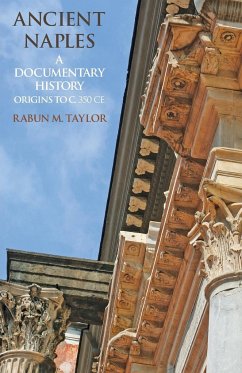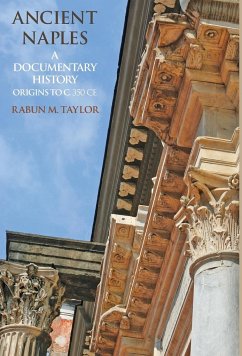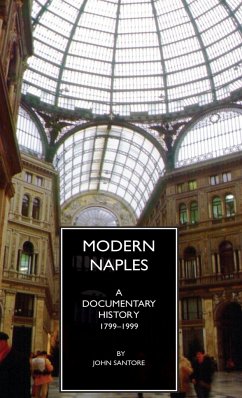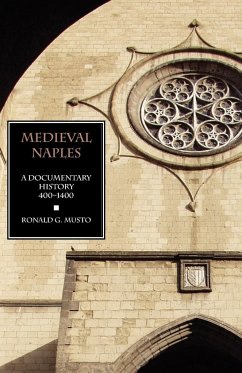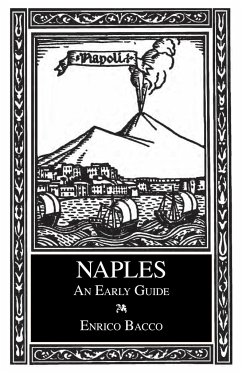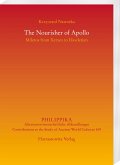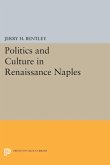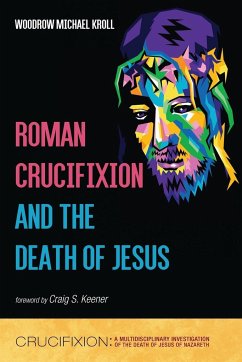Rabun M. Taylor offers the first comprehensive survey of ancient Naples in the English language, tracing the history of the city from its origins into late antiquity. Prof. Taylor discusses the city's physical setting, geography and geology, climate and agriculture, its territory, and the constant shadow of Vesuvius. ¿Deploying archeological finds, coinage, pottery, and ceramics, he follows the history and mythology of Greek Neapolis from its founding in the seventh century BCE, its relations with neighboring Greek and Campanian cities and peoples, its political organization, population and demographics, economy, and trade. With the changes in the city's political and culture life under Rome, Neapolis emerges as a center of Greek and Hellenistic culture and of Roman otium. Later chapters present Roman Neapolis' major monuments, including its forum duplex, temple of the Dioscuri, marketplace, harbor, aqueducts, baths, and water supply. Central to the Romans' impact on the city was its Greek Sebasta Games, its villa life and culture, and its intellectual activity that drew such notables as Cicero, Augustus, Nero, Statius, Seneca, Marcus Aurelius, and Virgil. The volume concludes with a survey and interpretation of current research on the late imperial and early Christian city. Ancient Naples builds its narrative and analysis from the extant fragments of textual evidence. But apart from a few long inscriptions of fairly formulaic character, some potted speeches in Livy, a brief geographical foray by Strabo, and a single poem by Statius, no sustained passage of poetry, prose, or administrative record-keeping survives from the ancient world that places Neapolis at its center of interest. What do survive in significant numbers are random or passing references to Neapolitan history, monuments, institutions, and daily life; and this volume draws on this wide-ranging miscellany of textual sources. Parallel with the texts, Prof. Taylor provides close analysis and interpretation of recent archaeological finds and of material objects as documents of the city's life and times fully as important and informative as the literary sources. A series of Commentaries complements the narrative and Readings and provides new insights into an array of topics ranging from the city's origins, its villa life, Trimalchio's Feast, and Nero's stage debut to Vesuvius' eruption, the Sebasta Games, and Constantine's gifts to Neapolis. 470 pages. Preface, introduction, 102 Readings, 31 Commentaries, notes, and bibliography. 113 b&w figures. History, archaeology, classical studies, art history, urban studies, cultural studies.
Hinweis: Dieser Artikel kann nur an eine deutsche Lieferadresse ausgeliefert werden.
Hinweis: Dieser Artikel kann nur an eine deutsche Lieferadresse ausgeliefert werden.

